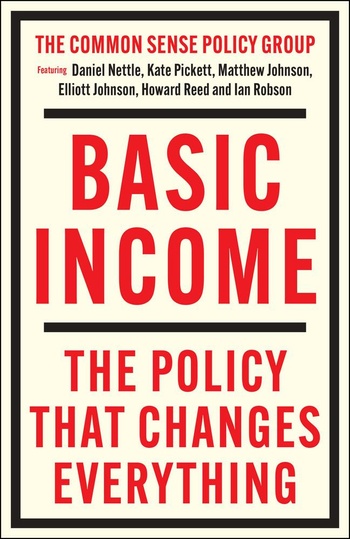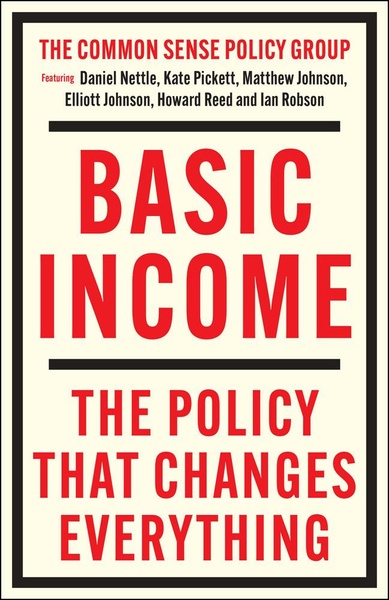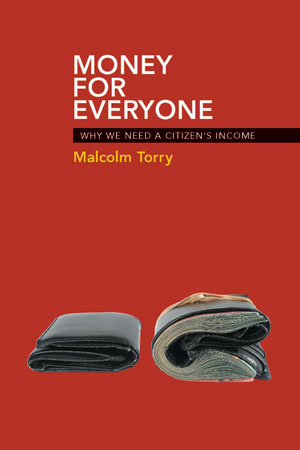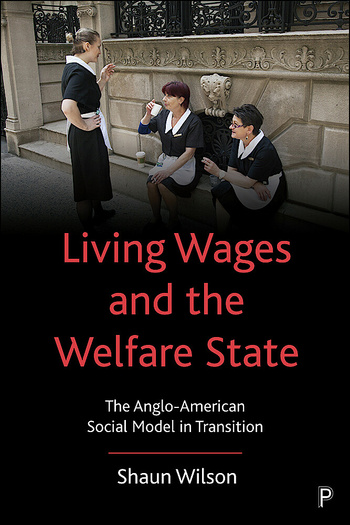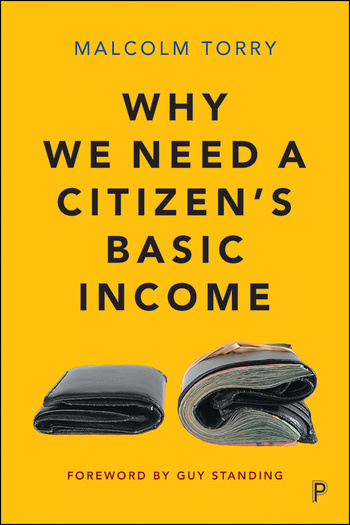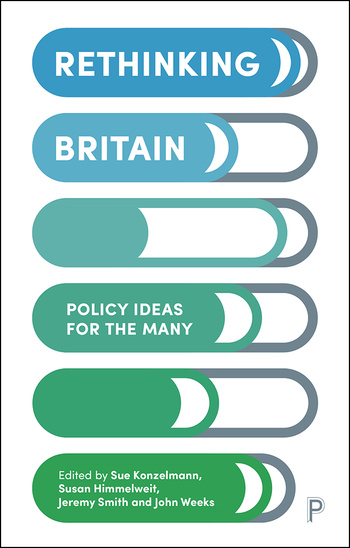In recent years, Basic Income has risen up the political agenda with successful trials being run in different countries, but does it have the potential to transform the economy?
Drawing on the expert author team’s multidisciplinary research programme, the book uses real world examples to show how basic income irreversibly improves almost all aspects of society. It traces distinct, but related, pathways from the input of money to the output of improved health, wellbeing, education, employment and civic activity.
Using a model of impact to provide an accessible account of transformation in behaviour, relationships and institutions, it shows that reducing poverty through basic income increases access to better food, housing and other goods, frees people from domination and promotes long-term thinking and action. Together these improve individual and collective experiences, charting a pathway to a society rebuilt through a single policy.
This is a defining contribution to public understanding of basic income that highlights the reasons for our age of crisis.









